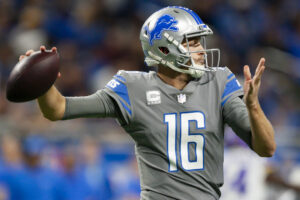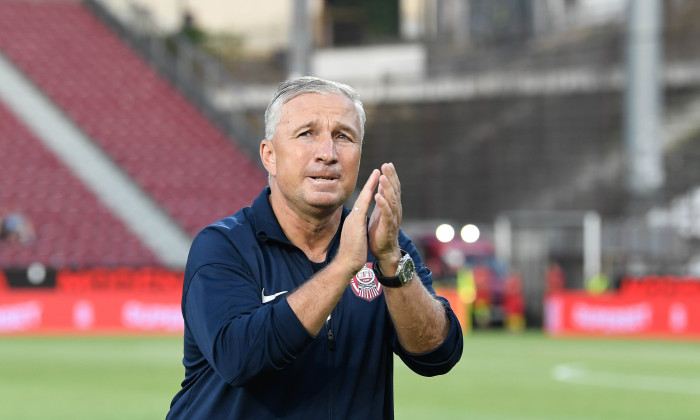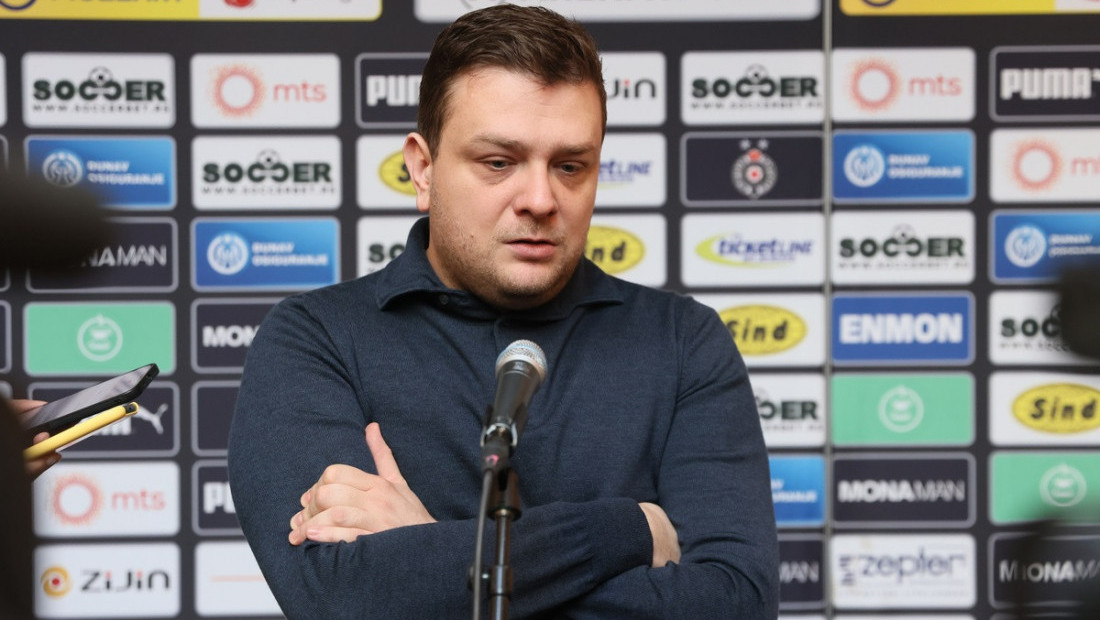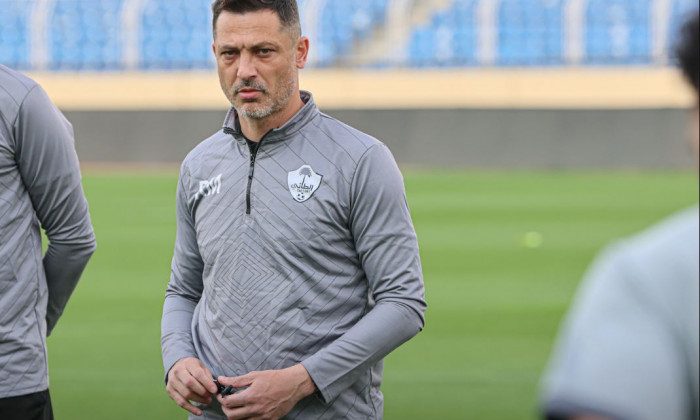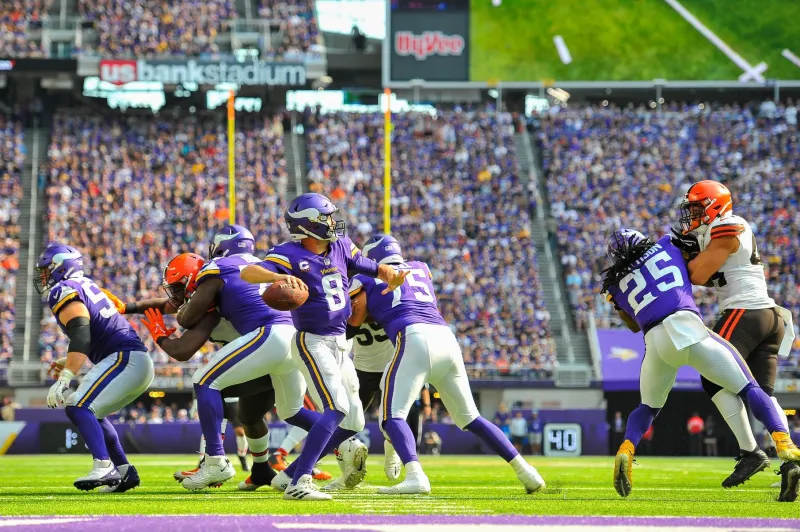
While the focus on Kirk Cousins’ future with the Vikings may be significant, the team’s offseason priorities extend far beyond the quarterback position.
The Vikings’ offseason priorities will heavily influence the team’s narrative as free agency approaches. In the upcoming months, the Vikings front office will confront numerous questions that demand answers. In a pivotal offseason for Minnesota’s third-year leadership, the decisions made by General Manager Kwesi Adofo-Mensah’s staff will be crucial in determining the tenure’s success or failure. Now, let’s explore the top priorities that Adofo-Mensah’s team should focus on.Numerous articles have delved into the Vikings’ impending quarterback dilemma this offseason, so we won’t dwell extensively on it here. Kirk Cousins has provided stability for the team over several seasons. However, as an aging free agent whom the Vikings cannot retain via the Franchise Tag, his tenure in purple and gold may be ending. The team might see this as an ideal opportunity to transition to a younger quarterback. Regardless of the direction the Vikings choose at the quarterback position, it will undoubtedly be the most consequential decision of their offseason.When teams label a position as a “position of need” heading into the offseason, they typically aim to make one or two significant upgrades in that area. However, the Vikings are facing an unprecedented level of urgency with their edge rusher situation. In 2023, the position lacked depth, and the current roster now features only two players. Compounding the issue, both Andre Carter and Patrick Jones, the remaining players, had minimal impact as reserves in 2023.
Considering the potential returns of pending free agents, Danielle Hunter, a cornerstone for the Vikings, enjoys similar Franchise Tag protections as Kirk Cousins. However, Hunter, who is only 29 years old and widely regarded as the premier edge rusher on the market, is likely to be beyond Minnesota’s financial reach. Marcus Davenport, a flier signed last offseason, quickly fell out of favor and is unlikely to return. As a result, rotational rusher D.J. Wonnum appears to be the sole free agent likely to return to Minnesota in 2024, though he may face a competitive market due to the high demand for young edge defenders.
Even if the Vikings do manage to re-sign Wonnum to a multi-year contract, they will still need to address the edge rusher position through various means. Primarily, they are expected to target edge rushers early in the draft, which would be facilitated if they retain Cousins and use their first-round pick on a non-quarterback. Prospects like Alabama’s Dallas Turner would be highly coveted by the Vikings, given their urgent need for pass-rush talent. However, this alone may not suffice to address the current deficiency at the position. Minnesota will likely draft at least one more edge rusher in later rounds and seek to acquire veteran talent through free agency. Consequently, the Vikings’ offseason agenda is poised to be dominated by edge rusher transactions.
Last offseason marked the first opportunity for Minnesota’s standout wide receiver, Justin Jefferson, to negotiate an extension. However, the two parties failed to reach a mutually beneficial agreement, primarily because the Vikings would have needed to void Jefferson’s fifth-year option if they had extended his contract early. From a salary cap perspective, delaying the extension made perfect sense for the team. Now, following another outstanding performance where Jefferson became only the third receiver in NFL history to amass over 1,000 receiving yards despite playing in 10 or fewer games, the time has come to compensate him accordingly.
Despite being sidelined due to injury last season, Jefferson has accumulated more receiving yards in his first four seasons than any other receiver in NFL history. Moreover, no other receiver even comes close, with Jefferson surpassing the second-place receiver by over 400 yards. His average of 98.2 yards per game played is unprecedented. To put Jefferson’s achievements into perspective, he has outpaced Jerry Rice by 1,008 yards in the same number of games. Jefferson has essentially silenced any debate about who the best receiver in the game currently is. It’s undeniable that the salary he’s requesting will reflect the exceptional level of performance he has achieved. Given the value he brings to the Vikings, it’s imperative that they finalize a deal with him this offseason. A contract in the range of $35 million per year over five years seems appropriate. Regardless of the lofty figures involved, the Vikings’ offseason will be viewed unfavorably if they enter the season without securing a contract extension for Jefferson.

